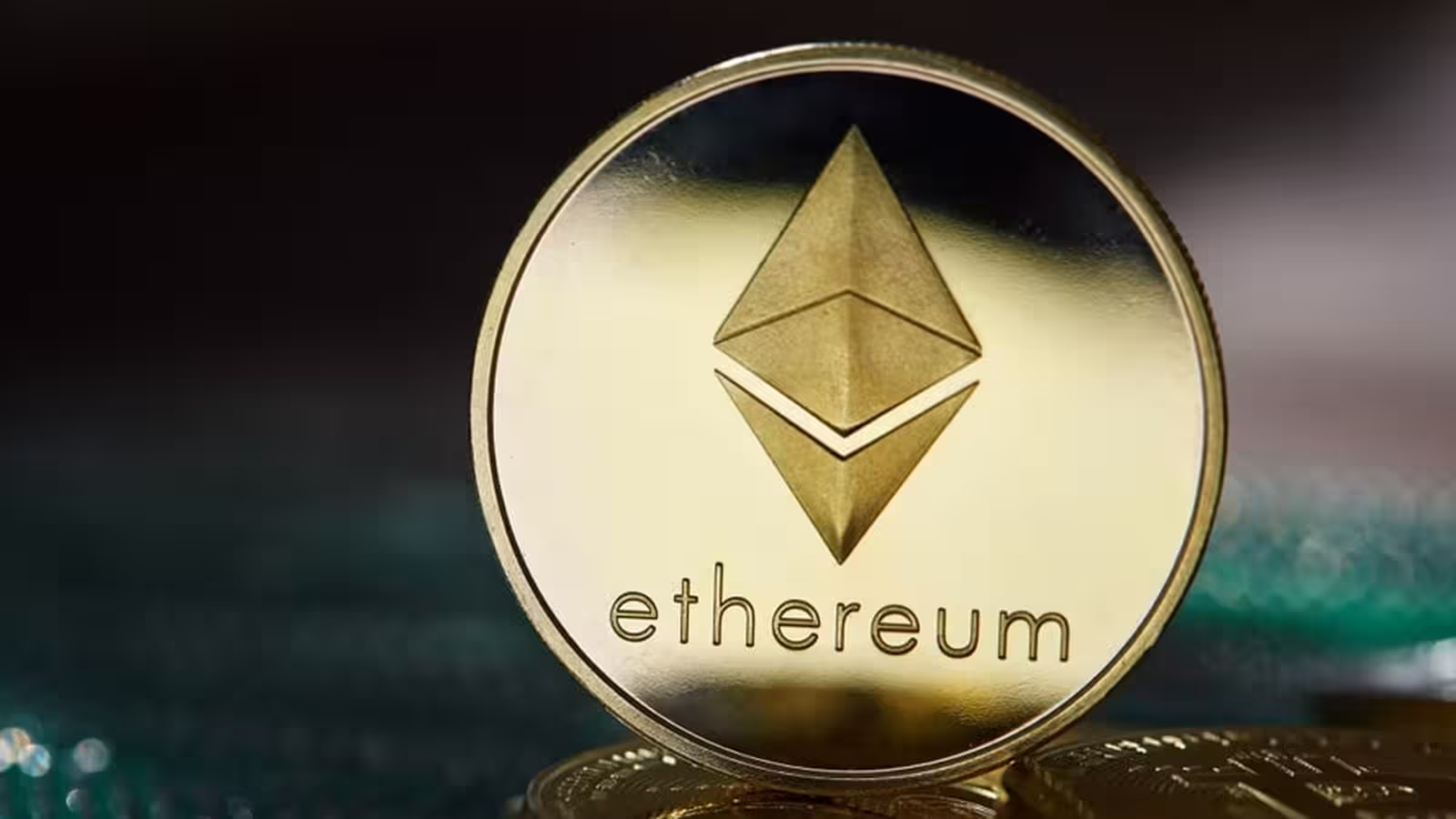The 'Digital Oil' Analogy: Unpacking Ethereum's Unique Position in Crypto
Ethereum (ETH) has often been dubbed "digital oil" by its supporters, a reference that highlights its foundational importance within the rapidly growing cryptocurrency ecosystem. Although this label attempts to capture Ethereum’s crucial utility, the comparison only tells part of the story.
Vivek Raman, co-founder of Etheralize, launched a comprehensive initiative in January aimed at raising Ethereum’s profile among Wall Street investors. His efforts include education, marketing, and broader advocacy to demonstrate the network’s transformative capabilities.
Ethereum vs. Bitcoin: Different Digital Commodities
Raman notes that while Bitcoin is celebrated as "digital gold" due to its limited supply and function as a store of value, Ethereum stands apart as the fuel powering the decentralized application ecosystem. ETH is essential for processing transactions and executing smart contracts, making it akin to the energy source that keeps the entire blockchain network running.
Sustainable Supply: How ETH Differs from Crude Oil
Unlike oil — whose production can ramp up with rising demand — Ethereum’s annual supply growth is capped at just 1.5%. Moreover, a portion of transaction fees is constantly being burned, effectively reducing the overall circulating supply of ETH and driving its rarity.
Cofounder Danny Ryan adds that this predictable issuance model makes Ethereum’s economics highly transparent for users and investors alike. Another fundamental distinction is that while oil generates no passive yield, staked Ethereum currently offers an annual yield of around 3%, thanks to proof-of-stake consensus.
The Next Era: Tokenization and Institutional Adoption
With the tokenization trend accelerating — turning real-world assets like stocks and bonds into blockchain tokens — financial giants are beginning to flock to Ethereum. Companies such as BlackRock and Franklin Templeton have already rolled out tokenized funds on the Ethereum network, hinting at a seismic shift in institutional adoption. This rapid embrace of blockchain could also be swayed by regulatory decisions and political factors, including future policies driven by U.S. leadership.
Raman believes that as global assets become increasingly tokenized by disparate organizations, only a neutral, decentralized platform like Ethereum can serve as the interoperability layer connecting the world’s financial system. In this sense, ETH mirrors the pivotal role oil has played in the global economy, cementing its place as a critical force driving the next generation of decentralized finance.


Comments
Leave a Comment